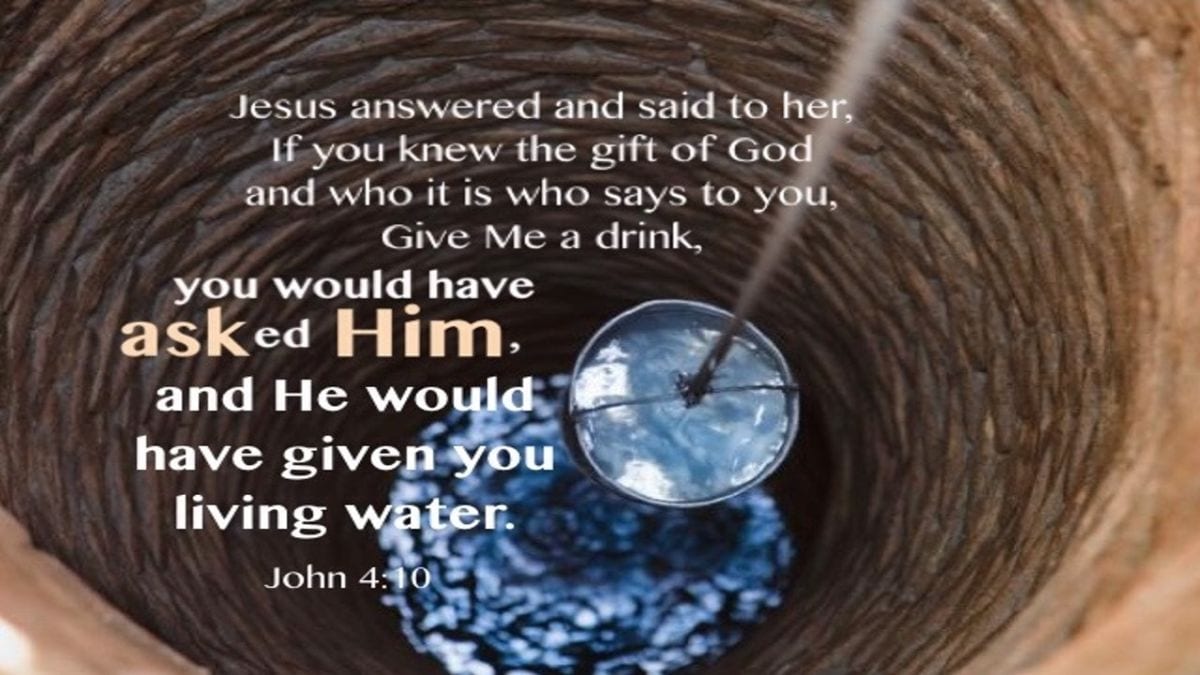Romans 9:25-29 God Calls a Remnant

There are times in a study of Paul’s writings when it seems that the apostle has lost track of his argument. It is because his thought is so rich and because he has the habit of moving on quickly from one connected thought to another, We have found this in chapters 5 through 8 of this letter, and we see it in Paul’s other writings too. That seems to be the case in the verses we have been studying from Romans 9. Has Paul lost track of his argument? We are wrong if we think so. For at the very end of this section, in verse 24, Paul in a masterful way comes back to the point from which he started out, stating that salvation is for those whom God has chosen and called, “not only from the Jews but also from the Gentiles.”
Verse 24 is not only a return to the point at which Paul began, it is also a wrap-up of his first main argument showing why God has not been unfaithful to Israel or, to use the language he himself uses, why the Word or purposes of God have not failed. That means that verse 25, to which we come now, is beginning a new section of the argument. There are four quotations in verses 25-29, two from the minor prophet Hosea and two from the major prophet Isaiah. The passages from Hosea show the acceptability of the Gentiles. The passages from Isaiah show that the call to salvation has never included all Israel.
The Beatles once recorded a song called “Nowhere Man.” It grew out of a casual, dismissive remark one of them had made about somebody they’d just met. It was met as a scornful put-down, and if the person they were referring to had heard it, it would have hurt. The prophets knew all about giving people names and particularly about giving Israel names, names which reflected what God was thinking about them. The first two chapters of the prophet Hosea are full of this kind of thing, and Paul draws on two key promises from that passage. He quotes them in reverse order, beginning with Hosea 2:23, where the prophet declares to the Israelites that God will receive them back again after rejecting them. Then he quotes the earlier passage, Hosea 1:10.
What is Paul saying with these somewhat obscure, though clearly dramatic, quotations? Paul is continuing to tell the story of Israel, the story of Abraham and the other patriarchs, which continued through the Exodus, and which now reaches the period of the prophets. Paul’s point, made here in poetic fashion, is in essence quite simple: the prophets themselves promised that God would make Israel pass through a period of judgment in order then to come out into salvation. First Israel had to hear, and bear, the name “not My people,” before they could again be called “My people.”
Paul’s point, yet once more, is that God has indeed been faithful to His promises. He has not gone back on His Word. He said He would have to whittle Israel down to a remnant, and that’s what He has done. To imagine that Israel could be vindicated as it stood – that all Jews would automatically be classified as true “children of Abraham” – would be to ignore what Israel’s own Scriptures had been saying all along. The problem of Jewish unbelief is not, then, the problem of God failing to keep His Word, but the problem of Israel not hearing what that Word had been saying. All of this makes Paul’s chief point, namely, that God’s rejection of Israel as Israel and His election of the Gentiles should have taken nobody by surprise, particularly the Jews, since it was prophesied clearly in the Jewish Scriptures.
The point of the Hosea quotations is that God had announced in advance that He would save Gentiles. The point of the Isaiah quotations is that He had likewise announced that not all Jews, but only a remnant of Israel, would be converted. There is an interesting tie-in between Isaiah 10:22-23, the first of Paul’s quotations from Isaiah (v. 27), and Hosea 1:10, the second of his two quotations from Hosea, which was just given (v. 26). In chapter 1 of Hosea, verse 10 begins with the words “Yet the Israelites will be like the sand of the seashore, which cannot be measured or counted.” Paul does not quote those words in Romans 9:26, though he quotes the second half of the verse, because the words are about Israel explicitly and Paul wants to use the verse as a promise of God’s future blessing on the Gentiles. Those words remind Paul of the verse from Isaiah, which he cites next: “Though the number of the Israelites be like the sand by the sea, only the remnant will be saved.” Do you see what this Isaiah verse is saying? Leaving the unbelief of the Gentiles aside for a moment, isn’t it true that Isaiah 10:22 describe the generally poor results and great difficulties of Jewish evangelism?
In Romans 9:27 the words “the remnant,” refer to the remnant of God’s electing choice, who will be saved. As for the rest, “The Lord will carry out His sentence on earth with speed and finality” (v. 28). That is, the rest will perish in God’s final judgments. Verse 29, the second of Paul’s two quotations from Isaiah, picks up from the second half of the first quotation, also referring to judgment. But this is a different kind of reference. The first quotation describes what is surely going to happen. This verse describes what is sometimes called “a condition contrary to fact.” It teaches that unless the Lord had left a remnant, the people would have been like those of Sodom and Gomorrah, that is, entirely wiped out. They would have ceased to exist. Yet this is not the case. If fact, God has left a remnant, which, as Paul is going to say in Romans 11, God has, “chosen by grace” (v. 5). Apart from the grace of God there will be destruction, fire from heaven! The only thing that keeps this from happening to all of us is the mercy and kindness of God. It is only because of the explicable grace of God that any of us are spared the fate of Sodom and Gomorrah.
Romans 9:25-29 Reflection Questions:
How do verses 25-29 also emphasize Paul’s point that God is faithful to His promises to Israel?
How do these verses respond to the charge that God is not just?
God has to reshape Israel because of their failure to live out the purpose to which they had been called, just as a potter molds a lump of clay for his own ends. The church has also been called to a purpose in the world. What is that purpose and how well is the church living this out?
What needs to happen for your Christian community to live out its purpose more strongly?



